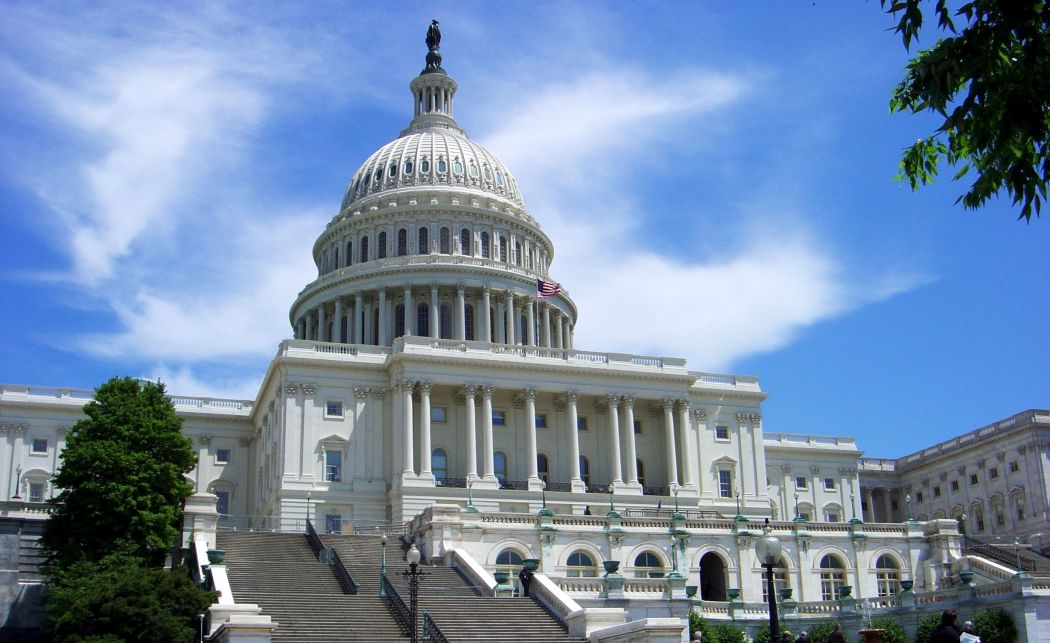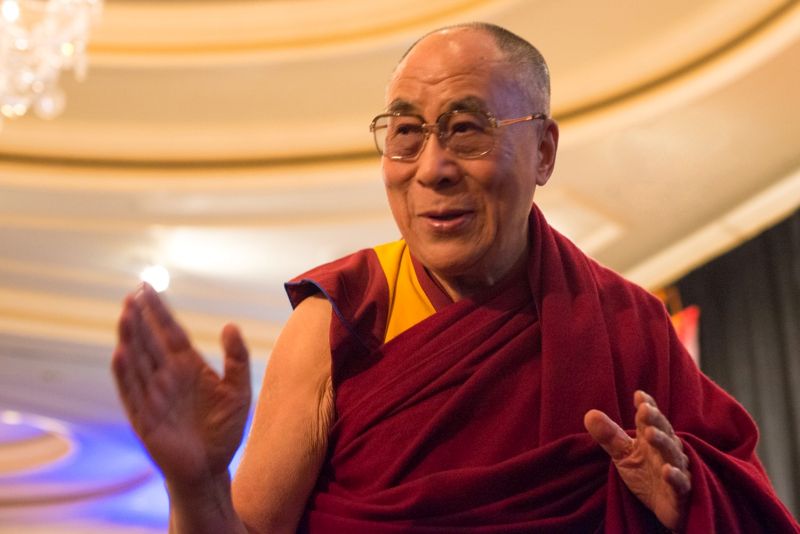US lawmakers have introduced legislation that would call Tibet’s legal status unresolved, distancing Washington from past statements that recognized the territory as part of China.

Amid mounting alarm in the United States over the treatment of minorities in the People’s Republic of China, the proposed act would state that “the conflict between Tibet and the PRC is unresolved” and that “the legal status of Tibet remains to be determined in accordance with international law.”
The Promoting a Resolution to the Tibet-China Conflict Act would also say that the Tibetan people are “entitled to the right of self-determination under international law” and step up efforts to fight Beijing’s “disinformation about the history of Tibet.”
The act needs approval by both chambers but enjoys bipartisan support. It was introduced Wednesday by Representative Michael McCaul, the top Republican on the House Foreign Affairs Committee, and Representative Jim McGovern, a member of President Joe Biden’s Democratic Party who co-chairs the Congressional Executive Commission on China, which examines human rights.

The act would counter Beijing’s attempts to “rewrite history” and “reject the CCP lie that their tyranny over Tibet is historically legitimate,” McCaul said, referring to the Chinese Communist Party.
The State Department and successive US presidents have repeatedly said that Tibet is part of China, pleasing Beijing, and no UN member state recognizes the Himalayan territory as independent.
Beijing sent troops into Tibet in 1950 and a year later declared its “peaceful liberation.” In 1959, it crushed an abortive uprising in which the Dalai Lama, the Buddhist region’s spiritual leader, fled into exile in India.
China has sought for years to isolate the Dalai Lama, who has built a global movement for Tibetan autonomy and greater freedoms, and in 2010 broke off diplomacy with representatives of the monk, who turned 87 this month.

The Dalai Lama says he is not seeking Tibetan independence but that it was a historical fact.
India in 2003 unambiguously recognized Tibet as part of China. Britain had maintained a more ambiguous position — saying China had “suzerainty” over Tibet — until 2008 when it said Beijing also had “sovereignty.”
At the root in the historical debate is the inconclusive Simla Convention negotiated in northern India in 1913-14 by Tibetan representatives from Lhasa, the then Republic of China and Britain, which then ruled South Asia.
A hard-right congressman proposed in 2020 that the United States recognize Tibetan independence but the measure enjoys little support.
Support HKFP | Policies & Ethics | Error/typo? | Contact Us | Newsletter | Transparency & Annual Report | Apps
Help safeguard press freedom & keep HKFP free for all readers by supporting our team

HKFP has an impartial stance, transparent funding, and balanced coverage guided by an Ethics Code and Corrections Policy.
Support press freedom & help us surpass 1,000 monthly Patrons: 100% independent, governed by an ethics code & not-for-profit.










